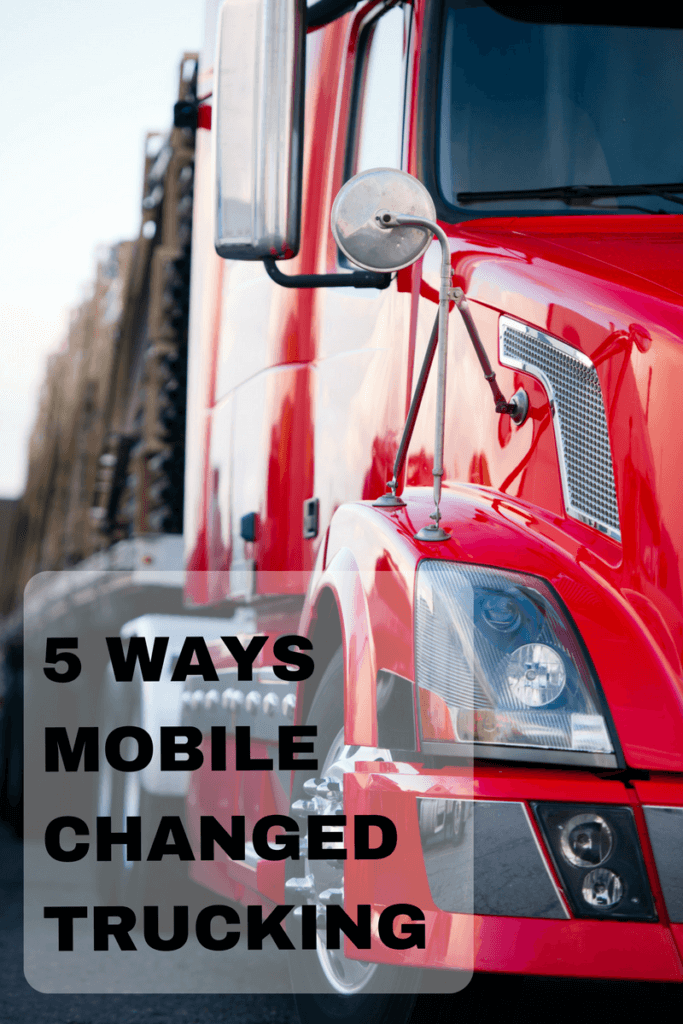-
Safety & ELDs
Before the ELD mandate, truckers hand-wrote and faxed all of their log records, which companies then audit, matching GPS coordinates, fuel receipts, and other verifying documents. There is very little accountability with this method and is time-consuming to verify accurately. The ELD mandate will allow companies and roadside safety inspectors to check for any violations of federal law that put lives at risk, bringing logging records into the modern age.
-
Mobile Devices & Trucker Productivity
Access to up-to-date on-duty driving time records allows drivers to schedule their time in the most efficient way they can. The FMCSA estimates that the industry will see a $2.44 billion savings, 77% of which will come from the driver’s time saved completing and submitting logs.
-
Streamlined Shipper-Trucker Interactions
Before mobile technology, shippers and truckers alike had a lot of paperwork bogging them down. Now, carriers can streamline their interaction with dispatchers, allowing mobile computers and trucking to add stops to a driver’s list automatically. This also allows dispatchers to manage more drivers and automate the management process.
-
Lead Generation For Shippers and Brokers
Rather than chasing leads for hours, mobile technology will allow brokers to instantly access a transparent marketplace. For example, HaulHound catalogs available LTL and FTL loads, allowing brokers to find the closest and best-priced trucks for the job.
-
Recruiting
Many of the legacy cab systems for transportation companies are woefully behind advances in consumer technology. Mobile technology has more of a consumer appeal and better user experience which caters to the millennial market. Easy-to-use technology is the gateway to recruitment in the future.
For a business to thrive rather than simply survive, it must be able to adapt to modernity. In the shipping, this is paramount. Mobile technology helps businesses of all sizes streamline their operations, reducing both wasted time and its inherited costs.


